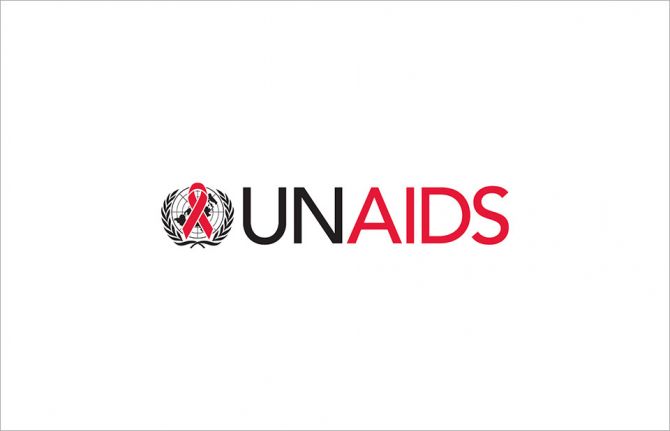

Press Statement
UNAIDS Programme Coordinating Board Bureau releases terms of reference for work of the Independent Expert Panel on harassment
07 May 2018 07 May 2018GENEVA, 7 May 2018—The scope and nature of the work of the Independent Expert Panel on prevention of and response to harassment, including sexual harassment, bullying and abuse of power at the UNAIDS Secretariat has been decided upon by the UNAIDS Programme Coordinating Board (PCB) Bureau following consultations with the three constituencies of the PCB. The PCB Bureau is composed of the United Kingdom, China, Algeria, the PCB nongovernmental organization delegation and the Office of the United Nations High Commissioner for Refugees, representing the UNAIDS Cosponsors. The agreed terms of reference will guide the panel’s work over the coming months.
Under the terms of reference, the panel will:
- Review the current situation in the UNAIDS Secretariat with regard to harassment, including sexual harassment, bullying and abuse of power and retaliation—including by looking back over the past seven years—to assess the organizational culture at headquarters and the regional and country offices.
- Evaluate the effectiveness of existing policies and procedures to prevent and address harassment, including sexual harassment, bullying, retaliation and abuse of power in the UNAIDS Secretariat workplace.
- Recommend a comprehensive set of prioritized measures on organizational culture, policies and fair and due process procedures with respect to harassment, including sexual harassment, and bullying, retaliation and abuse of power in the workplace.
The panel will review all relevant areas. It will look at UNAIDS’ leadership and culture, policies and strategies to prevent harassment and the reasons for the low levels of formal reporting of harassment. In addition, the panel will review the investigation processes applied by the UNAIDS Secretariat and will make recommendations on how to ensure that these are fit for purpose and fair. The panel will also make recommendations to ensure that the UNAIDS Secretariat has sufficiently strong internal systems to identify unacceptable behaviour and take swift action in response to it and will make recommendations to ensure that accountability is visible and ensured at all levels of UNAIDS.
In its work, the panel will draw from lessons learned and best practices from other United Nations organizations and other partners. The panel is independent of UNAIDS’ senior management and in its work will consult with United Nations Member States, PCB nongovernmental organizations, UNAIDS Cosponsors and former and current UNAIDS staff.
“I fully support the panel’s work and how the UNAIDS Programme Coordinating Board has conceptualized the panel as one composed of independent experts. I will provide whatever is needed to ensure that the Board leadership can continue to run a transparent process. I look forward to the panel’s report and pledge to swiftly implement its recommendations,” said Mr Sidibé.
Called for in February 2018 by Mr Sidibé, the panel is one of several measures designed to strengthen the culture of zero tolerance for harassment, abuse and unethical behaviour at UNAIDS. Other measures announced in February include the five-point plan, which aims to ensure that inappropriate behaviour and abuse of authority are identified early on, that measures taken are properly documented and that action to be taken follows due process and is swift and effective. The five-point plan also calls for enhanced protections for plaintiffs and whistle-blowers. The recommendations of the panel are expected to influence the implementation of the five-point plan.
The panel will comprise up to five independent experts. It will deliver its final report with its recommendations to the 43rd meeting of the PCB in December 2018.
UNAIDS
The Joint United Nations Programme on HIV/AIDS (UNAIDS) leads and inspires the world to achieve its shared vision of zero new HIV infections, zero discrimination and zero AIDS-related deaths. UNAIDS unites the efforts of 11 UN organizations—UNHCR, UNICEF, WFP, UNDP, UNFPA, UNODC, UN Women, ILO, UNESCO, WHO and the World Bank—and works closely with global and national partners towards ending the AIDS epidemic by 2030 as part of the Sustainable Development Goals. Learn more at unaids.org and connect with us on Facebook, Twitter, Instagram and YouTube.
